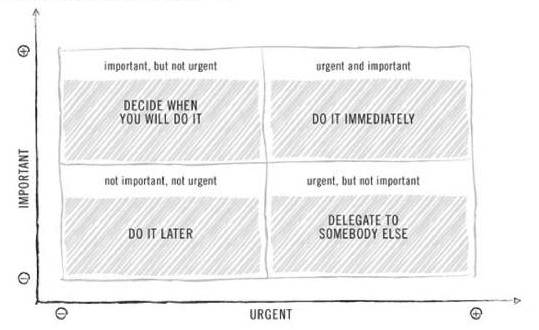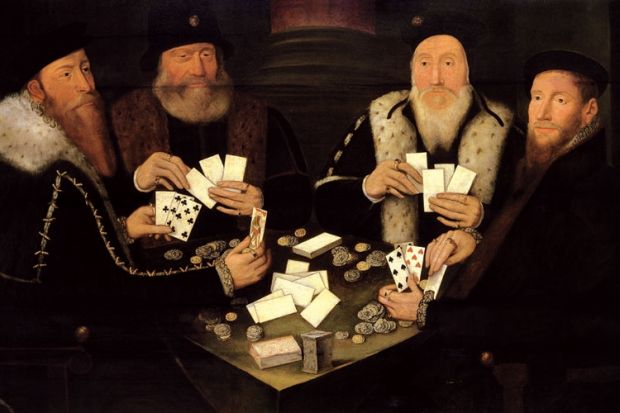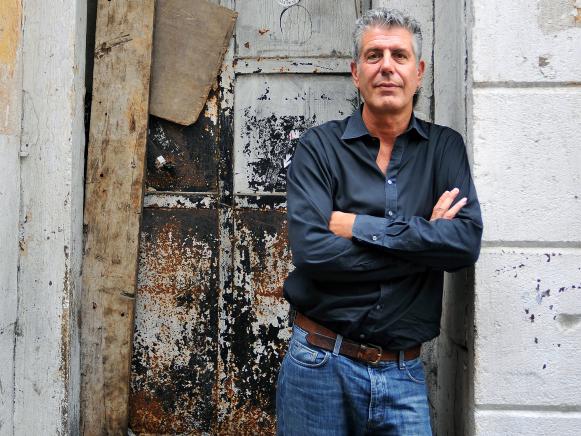Why was this the most important battle in the history of the United States?
General Lee had come North out of Virginia to find the Army of the Potomac and to beat it in open battle. If he was able to accomplish this – then Confederate President Jefferson Davis was to give Abraham Lincoln an offer of peace.
If Lincoln accepted this offer of peace then the country would have forevermore been divided into two nations. If Lincoln refused the offer of peace (which he would have) – then chances are that Lincoln would have lost his bid for re-election to the Presidency. His opponent General McClellan would have accepted the peace plan if elected and again – the nation would forevermore have been divided.
Think of the implications:
· How much longer would slavery had survived? Would it still exist today?
· Would a Spanish Mexico and an English Canada have taken over what are now the Western States?
· Would Nazi Germany been stoppable in WWII without a “united” United States?
· Would Communism have been defeated without a “united” United States?
Luckily we did not have to find out because Jeb Stuart did not return in time to inform General Lee of the Union’s strength; because General Heth ignored Lee’s order to not engage the enemy on the first day; because General Ewell lost his nerve and did not attack and take the high ground when he had the chance and because Colonel Joshua Chamberlain and the 20th Maine made their heroic stand on Little Round Top.
The North won the battle and went on to win the war. For that we are thankful.
Months later after the battle, on November 19, 1863, a somber President Lincoln made the following speech:
Four score and seven years ago, our fathers brought forth upon this continent a new nation: conceived in liberty, and dedicated to the proposition that all men are created equal.Now it’s a 155 years later and you would be hard pressed to find mention of the battle anywhere. Funny – Lincoln thought we would remember the battle and forget his speech but the opposite has occurred.
Now we are engaged in a great civil war. . .testing whether that nation, or any nation so conceived and so dedicated. . . can long endure. We are met on a great battlefield of that war.
We have come to dedicate a portion of that field as a final resting place for those who here gave their lives that that nation might live. It is altogether fitting and proper that we should do this.
But, in a larger sense, we cannot dedicate. . .we cannot consecrate. . . we cannot hallow this ground. The brave men, living and dead, who struggled here have consecrated it, far above our poor power to add or detract. The world will little note, nor long remember, what we say here, but it can never forget what they did here.
It is for us the living, rather, to be dedicated here to the unfinished work which they who fought here have thus far so nobly advanced. It is rather for us to be here dedicated to the great task remaining before us. . .that from these honored dead we take increased devotion to that cause for which they gave the last full measure of devotion. . . that we here highly resolve that these dead shall not have died in vain. . . that this nation, under God, shall have a new birth of freedom. . . and that government of the people. . .by the people. . .for the people. . . shall not perish from the earth.
This isn’t necessarily a bad thing. The United States has always been a forward-looking nation. We tend to dream of the future instead of dwelling on our past. It is one of our strengths.
Still - we should remember the sacrifice men made today and the next three days 154 years ago to preserve for us the great Nation we have today.













